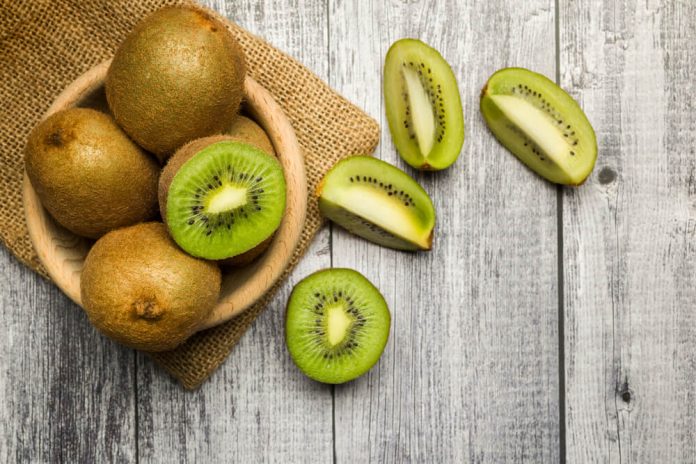Kiwi, also known as kiwifruit, is a small, brown, fuzzy-skinned fruit with a vibrant green or golden interior. Despite its unassuming exterior, this fruit packs a punch when it comes to taste and health benefits. Whether you’re eating it as a snack, adding it to smoothies, or incorporating it into salads, here are seven compelling reasons why kiwi should be a staple in your diet.
- Rich in Vitamin C
Kiwi is a vitamin C powerhouse, boasting more of this essential nutrient per 100 grams than an orange. Vitamin C is critical for maintaining a healthy immune system, helping the body ward off illnesses, and supporting overall vitality. Regular consumption of kiwi can help reduce the severity and duration of common colds and flu, boost collagen production for healthy skin, and even reduce the risk of chronic diseases due to its antioxidant properties.
- Supports Digestive Health
Kiwi is an excellent source of dietary fibre, making it ideal for promoting digestive health. The high fibre content can help regulate bowel movements and prevent constipation, while also feeding beneficial gut bacteria. In addition to fibre, kiwi contains an enzyme called actinidin, which aids in breaking down protein and improving digestion. This makes kiwi especially helpful for those who struggle with bloating or digestive discomfort after meals.
- Packed with Antioxidants
Kiwifruit is loaded with antioxidants, including polyphenols, flavonoids, and carotenoids, which protect your body from free radicals. These unstable molecules can cause cellular damage and contribute to aging, cancer, and other chronic diseases. The antioxidants in kiwi help neutralize these free radicals, reducing oxidative stress and lowering your risk of developing serious health conditions. The combination of vitamin C and other antioxidants makes kiwi a potent fruit for enhancing longevity and overall health.
- Improves Heart Health
Kiwi can play a significant role in maintaining cardiovascular health. The high fibre content, combined with its ability to reduce triglyceride levels and control blood pressure, makes it an excellent heart-friendly food. Kiwi is also rich in potassium, which helps balance sodium levels in the body, thus reducing blood pressure. Studies have shown that consuming two to three kiwis per day can significantly lower the risk of blood clot formation, improve lipid profiles, and reduce the risk of heart attack or stroke.
- Enhances Skin Health
Kiwi’s vitamin C content is also a skin saver, as it is a critical nutrient for collagen production. Collagen is the protein that keeps your skin firm and elastic, helping to reduce signs of aging like wrinkles and sagging. The antioxidants in kiwi also help fight off environmental damage caused by pollution and UV rays, protecting your skin from premature aging. Additionally, kiwi is hydrating, which is essential for maintaining a healthy, glowing complexion.
- Aids in Better Sleep
If you have trouble sleeping, kiwi might be a simple and natural solution. Research suggests that consuming kiwi before bedtime can improve both the quality and quantity of sleep. Kiwi contains high levels of serotonin, a neurotransmitter that helps regulate sleep cycles, as well as antioxidants like vitamin C and E, which may improve sleep onset and duration. Serotonin has also been linked to mood regulation, so a diet rich in kiwi could help reduce stress and anxiety.
- Low in Calories, High in Nutrients
For those looking to maintain or lose weight, kiwi is a perfect fruit. It is low in calories—one medium-sized kiwi has around 42 calories—while being incredibly nutrient-dense. Despite its low-calorie count, kiwi provides a wide range of vitamins, minerals, and antioxidants, making it a filling and healthy snack. The high fibre content also promotes satiety, helping you feel fuller for longer and reducing the likelihood of overeating.








